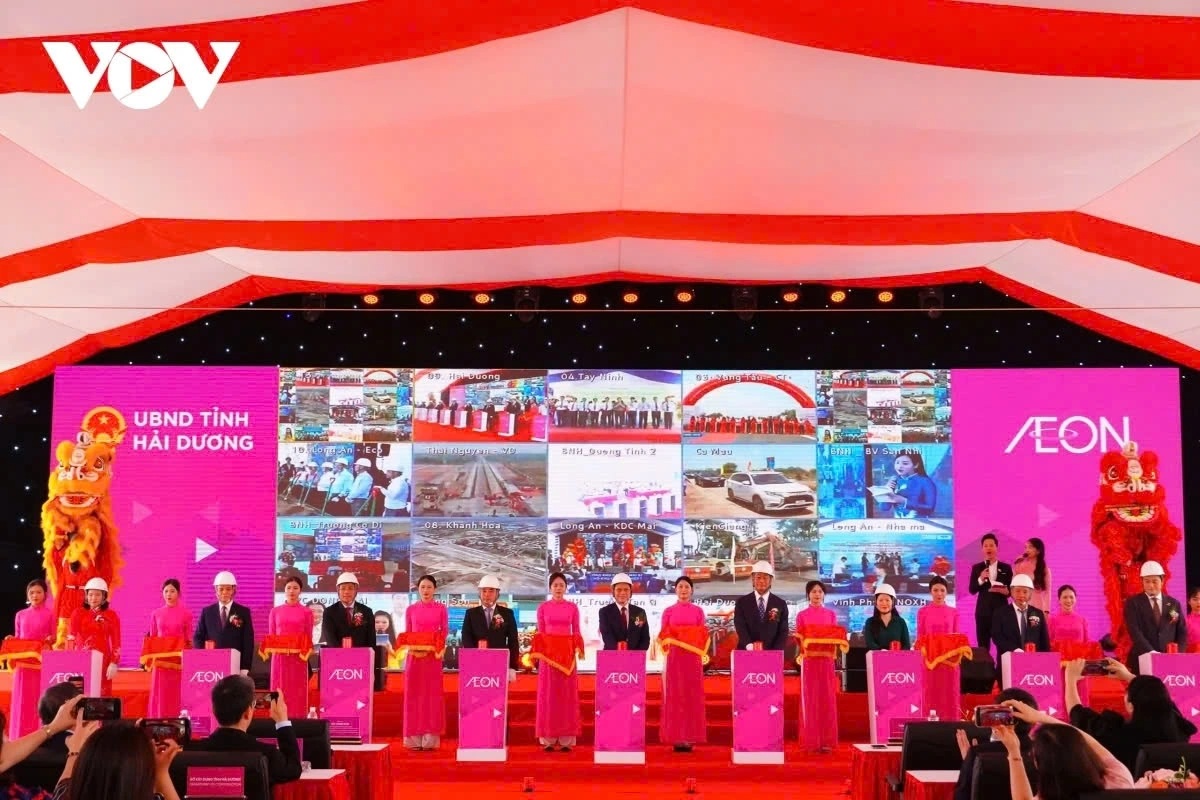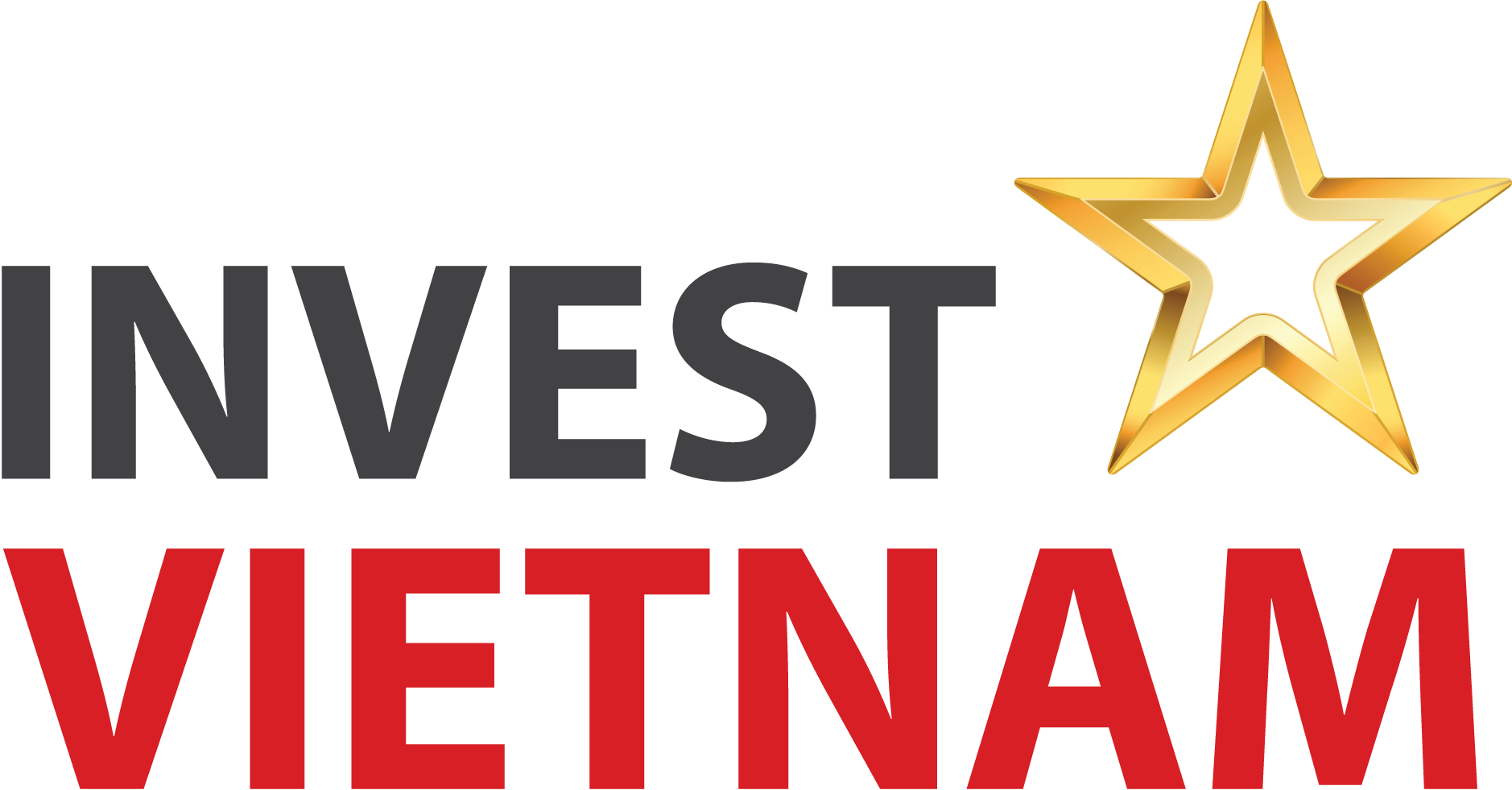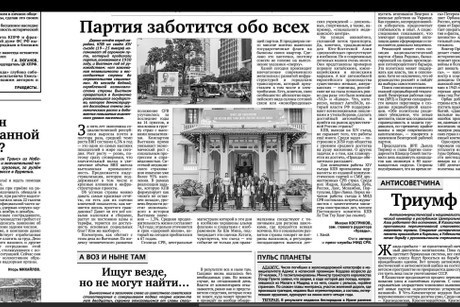Japanese retailer Aeon plans to raise Vietnam store number to 100 by 2030
Leading Japanese retailer Aeon has planned to expand its operations in Vietnam, by increasing the number of its general merchandise stores (GMS) and super supermarkets (SSM) in Vietnam to around 100 by 2030 from 12 at present, reported Japan's newswire Nikkei Asia.

In January 2025, the retailer opened a new general merchandise store named Aeon Xuan Thuy in Hanoi, offering a wide variety of products, including food, cosmetics, furniture, clothing, and more.
The Japanese giant is focusing on expanding its SSM model, which combines a food supermarket with a food court and cosmetics counter. These stores offer freshly prepared items such as sushi, ramen, fried dishes, bento boxes, and bread, most cooked directly in-store.
As of late February 2025, Aeon operated 12 GMS and 36 food supermarkets, including those under the City Mart brand fully owned by Aeon.
Nikkei quoted Yasuyuki Furusawa, general director of Aeon Vietnam, saying to compete with rivals like Thailand’s retail giant Central Group, Aeon aims to develop 100 GMS and SSM locations by around 2030. It is also considering increasing the number of smaller food supermarkets to around 200.
With a population of over 100 million, and a large proportion of young consumers, Vietnam is considered one of Southeast Asia’s most promising consumer markets. Many foreign companies are actively building their business platforms in the country.
Recently, another major Japanese group, Sumitomo, also plans to open supermarkets in Vietnam at a pace of approximately 10 stores per year. The Corporation, in partnership with Vietnam’s BRG Group, is expanding its Fuji Mart food supermarket chain, with a plan to grow from 20 stores currently to 50 by 2028.
According to Aeon, ready-to-eat food and bakery items account for 13% of total food sales in Japanese stores, but in Vietnam, that figure is as high as 20%. At Aeon Xuan Thuy in Hanoi, the ratio reaches nearly 30% just two months after opening.
In Vietnam, it’s a form of leisure for families to visit the store, pick their favourite meals, and eat together. So, beyond selling daily necessities, offering food-entertainment experiences is a key opportunity to win in the local market, said Furusawa.
Source: VOV
Original link







